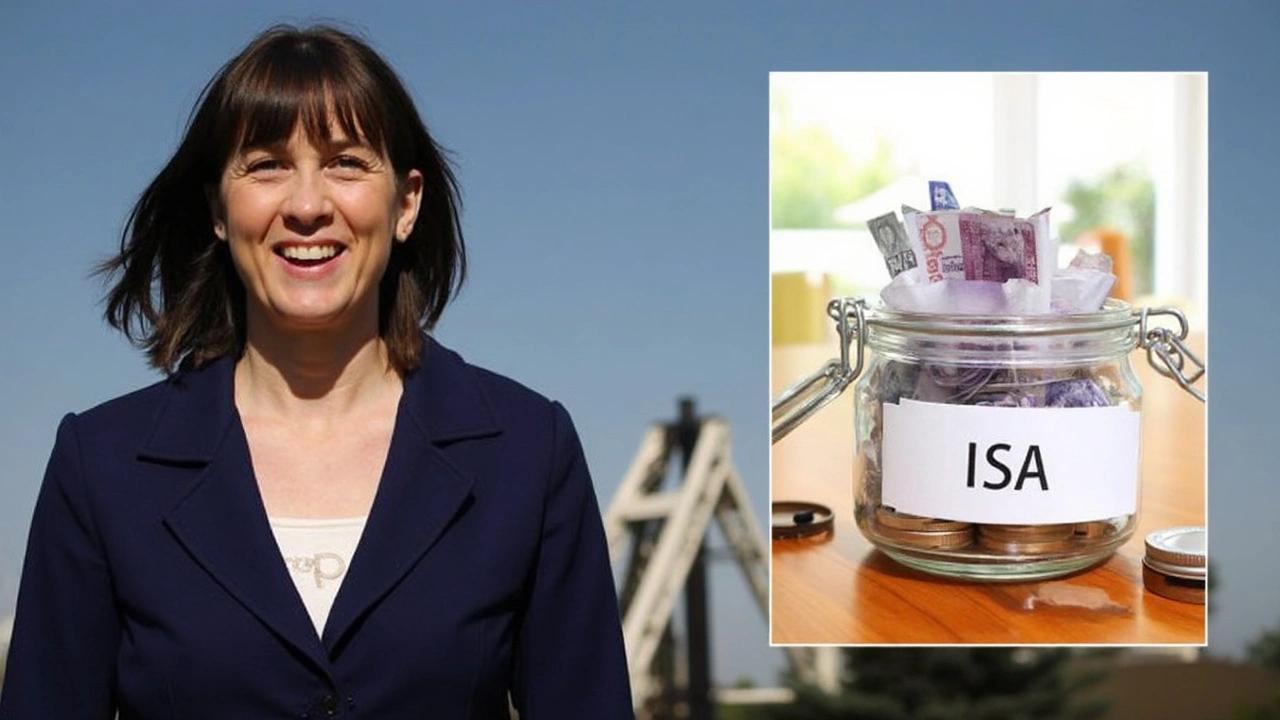U-Turn on Cash ISA Limit after Industry Backlash
Just a few weeks ago, whispers in Westminster had many savers worried: would the cash ISA limit really drop from £20,000 to just £4,000? Chancellor Rachel Reeves has now firmly shut the door on that idea, confirming that the proposed cut is off the table. Financial firms and everyday savers had pushed back hard, warning that slashing the cash ISA cap would disrupt a vital safety net for millions who prize tax-free, low-risk savings.
The cut, originally floated as part of broader ISA reforms, was supposed to nudge more people into putting their money in stocks and shares. The thinking was that savers could benefit more from long-term investment growth than the modest rates currently offered by cash ISAs. Still, the fear of losing a trusted option for secure savings sparked strong opposition, with banks and account holders both calling the plan a step too far.

Focus Remains on Tax-Efficient Savings and Growth
Rachel Reeves made her stance clear: "I’m not going to reduce the limit of what people can put into an ISA, but I do want people to get better returns on their savings, whether that’s in a pension or in their day-to-day savings." Instead of forcing change, she’s hoping to steer savers toward higher-performing options by making them more appealing, not by capping cash ISAs. That means the £20,000 annual limit stays, letting anyone stash away a sizable chunk tax-free.
Reports revealed that the Treasury had seriously weighed lowering the threshold, aiming to shift more of the nation’s billions in cash ISAs into equities and other investments. While the pensions minister, Torsten Bell, acknowledged the sheer volume held in these tax-free accounts, he ruled out scrapping them or setting punishingly low limits. This year’s Mansion House speech and the upcoming Autumn Budget were both cited as likely moments for such a change, but officials have chosen to prioritize stability for now.
For Britain’s steady savers, this U-turn is a rare win in the tug-of-war over personal finance options. Many rely on ISAs as a safe, straightforward way to shelter savings from the taxman. By holding the line at £20,000, Reeves is signaling that while she wants people to get more from their money, she’s not going to force their hands.
